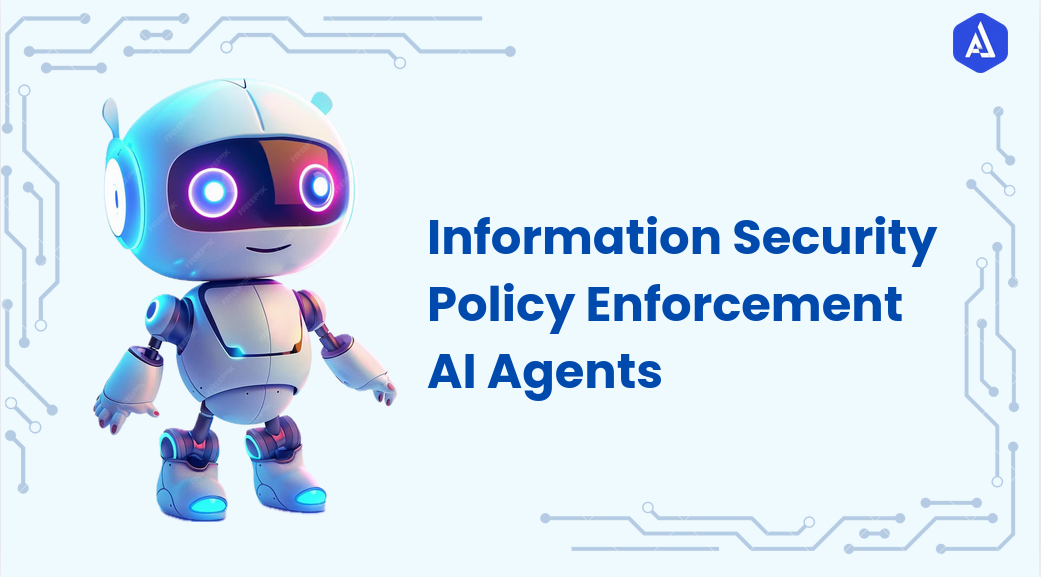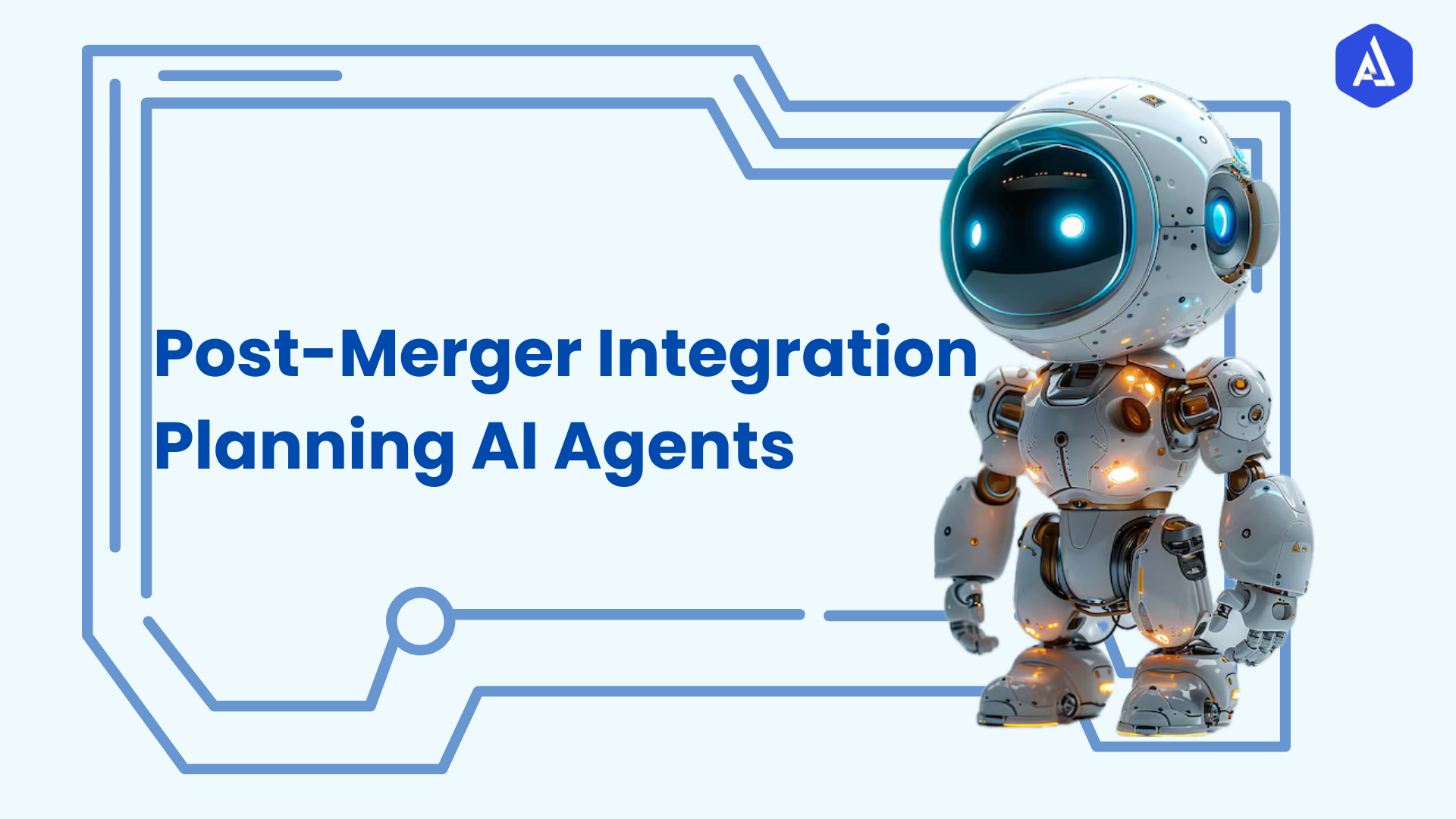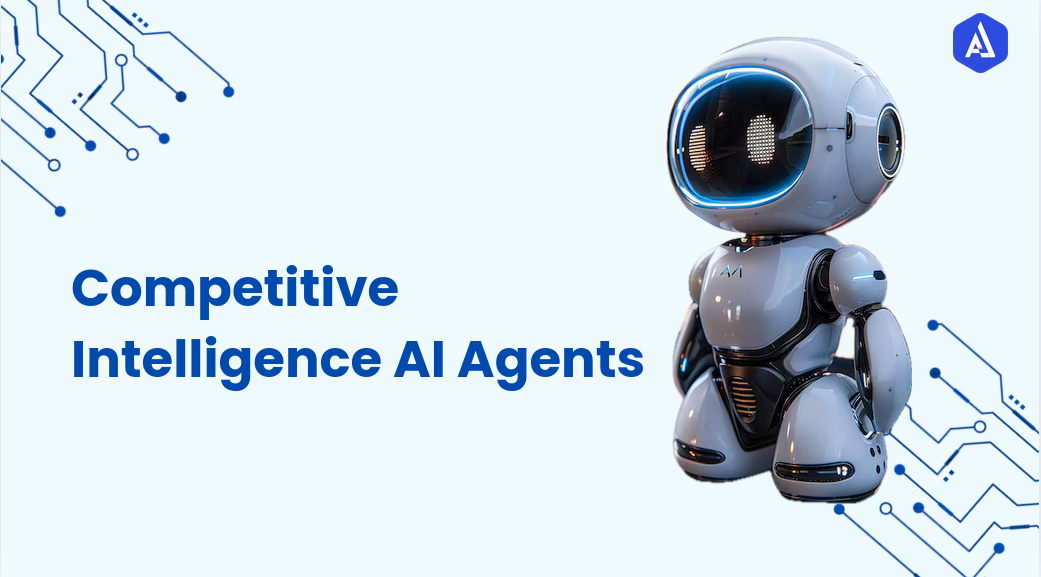Webflow AI Agent is a smart web design assistant that integrates to Webflow platform to help improve your workflow. It automates tedious actions like layout adjustments and SEO optimization and gives you real-time insights to drive the design decisions.
It carries along workflows to streamline and design consistency across devices, allowing users to work without unnecessary diversions and be creative. In addition, the AI agent guides the users to use the best practices of web design so that the platform is beneficial even to beginners and professionals.
Webflow AI Agent: Revolutionizing Web Design and Development
Webflow
Webflow is a powerful visual web development platform that enables users to design, build, and launch responsive websites without coding. It combines the flexibility of traditional development with an intuitive drag-and-drop interface, allowing designers and businesses to create professional-grade websites with ease. Webflow offers built-in CMS, e-commerce capabilities, and SEO tools, making it a complete solution for modern web design.
Its no-code approach empowers users to customize layouts, animations, and interactions while generating clean, production-ready code. With seamless hosting and integrations, Webflow bridges the gap between design and development, enabling faster workflows and highly optimized websites.
About the Webflow AI Agent
Webflow AI Agent is an intelligent assistant designed to enhance the web design and development process within the Webflow platform. It automates tasks like responsive design adjustments, SEO optimization, and code cleanup, ensuring faster and more efficient website creation.
The AI agent provides real-time design suggestions, analyzes layouts, and recommends improvements for better user experience and engagement. It also enhances SEO by optimizing metadata, alt text, and keyword placement. With features like workflow automation and A/B testing, Webflow AI Agent streamlines processes, helping designers and businesses build high-performing websites effortlessly while maintaining creativity and design precision.
Practical Applications of AI Agents in Webflow
E-Commerce: Personalized Shopping Experiences
AI-powered design automation enhances online stores by adapting product layouts based on user behavior. By optimizing navigation and showcasing relevant products, businesses can improve user flow and boost conversion rates. Automated SEO ensures product pages are discoverable and aligned with trending search queries.
Real Estate: Optimized Property Listings and Virtual Tours
Dynamic layout adjustments ensure property images and descriptions remain consistent across devices. AI-driven design suggestions enhance virtual tours and map integrations for an engaging user experience. Additionally, automated SEO recommendations improve local search visibility for real estate listings.
Creative Agencies: Streamlined Portfolio Websites
Design professionals can quickly build visually stunning portfolios with AI-suggested color schemes, fonts, and layouts tailored to industry trends. Automated SEO ensures projects are well-optimized, helping agencies showcase their work effectively without compromising performance or responsiveness.
Healthcare: Patient-Focused Web Design
Intelligent design automation helps create user-friendly healthcare websites optimized for mobile accessibility. Automated SEO enhances local search visibility for clinics, while AI-driven layout adjustments improve navigation, ensuring essential information like appointment booking and contact details is easy to find.
Benefits and Values in Webflow Agent
-
Efficiency and Automation: The Webflow AI Agent automates the repetitive chores like the responsive adjustments and tweaking SEOs to enable designers spent their time on creating things. This automation helps in increasing productivity, reduces manual effort and also reduces cycle time of the web development process.
-
Enhanced User Accessibility: With the advanced tools of Webflow, new users tend to hit a steep learning curve. This curve is flattened by the AI agent, pushing the agent through complex functions while giving contextual tips. That accessibility ensures Webflow is easier for users with different levels of experience.
-
Data-Driven Decision Making: Webflow AI Agent, the A/B testing and analytics tools within it, allows designers to choose based on real user interactions. The use of this approach boosts website performance and engagement thereby resulting in improved business outcomes.
-
Expert Design Support: Real time design suggestions are offered by the AI agent per industry standards, and current design trends. This support is invaluable for users with minimal design experience, necessary to allow them to create professional grade websites without any difficulties.
Step to Use Webflow Agent
Setup and Operation
-
Setup: The Webflow AI Agent is available directly within the Webflow platform. Users can activate the AI Agent from the settings or plugins area, enabling it to operate as part of the design workflow.
-
Using the Agent: Upon activation, the agent is accessible in the interface sidebar, ready to assist with responsive layout adjustments, SEO recommendations, and design suggestions. Users can toggle features based on their project needs, such as enabling automated code cleanup or layout adaptation.
-
Responsive Design: To use the AI for responsive design, navigate to the desktop version of your design and select “Generate Responsive Layout.” The AI will create mobile and tablet versions automatically, which users can review and adjust as needed.
-
SEO Optimization: For SEO, the AI Agent offers insights in the “SEO Suggestions” tab. Users can review recommended changes to meta tags, headings, and image alt text, and apply them with a single click.
-
A/B Testing: Access A/B testing features under the “Experiment” tab, where users can create page variants, track performance metrics, and implement the best-performing version based on data-driven insights.
Troubleshooting Tips
-
Feature Not Responding: Restart Webflow or clear the cache if the AI agent does not respond.
-
Responsive Design Issues: Use manual overrides to fine-tune layouts if automatic adjustments need customization.
-
Inconsistent SEO Recommendations: Review each suggestion, as the AI may occasionally prioritize keyword density over readability.
-
A/B Testing Overwrites: If variants overwrite each other, ensure unique identifiers for each test version to avoid data conflicts.
Points to be Considered
-
Contextual Design Understanding: An AI agent should be good at analyze what will work best for a particular project lies in its ability to understand the unique context of the project (brand guidelines, industry trends, and audience goals) to apply design suggestions that are highly relevant.
-
Seamless Integration with Existing Workflows: The Webflow AI Agent will be truly effective if it not only performs the tasks mentioned but also adds value by integrating nicely with Webflow’s core features, including the visual editor, CMS, and hosting. It should also work well with other third-party tools, such as analytics, SEO tools and e-commerce platforms.
-
Privacy and Data Security: This means that you need to check that the AI has been complying with privacy best practices and data protection regulations when analyzing design elements related to user data or business strategy. And to make sure that you don’t have any potential problems like privacy breaches, you can optimize the AI for secure data handling.
The Evolution of Web Design
The integration of AI-driven automation with Webflow’s visual development platform is revolutionizing web design, making it more intuitive, efficient, and accessible. AI-powered tools streamline workflows by automating design decisions, optimizing layouts, and enhancing SEO, allowing designers to focus on creativity while ensuring high performance.
With responsive design intelligence, real-time content recommendations, and code optimization, AI-driven Webflow websites adapt dynamically to user behavior and industry trends. This fusion of AI and Webflow empowers businesses, developers, and designers to build smarter, more engaging websites—marking a new era where intelligent automation meets limitless design possibilities


